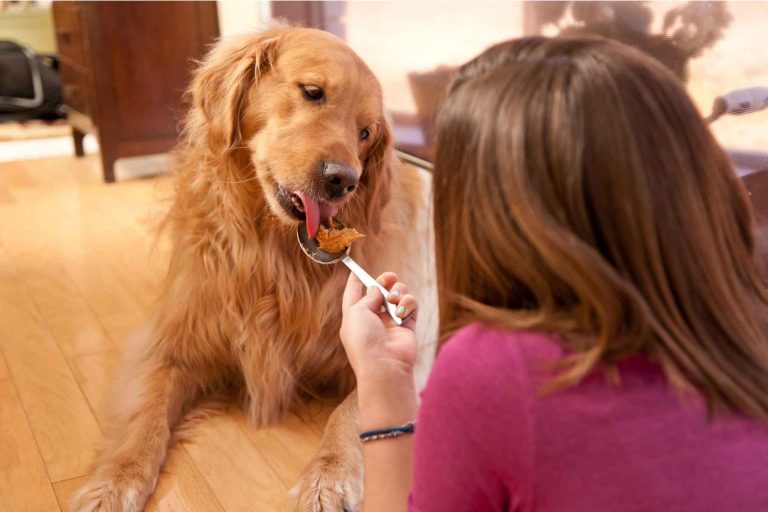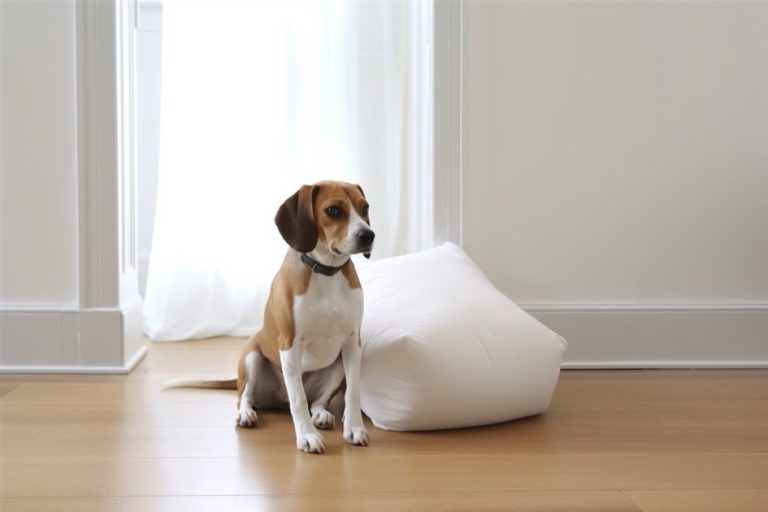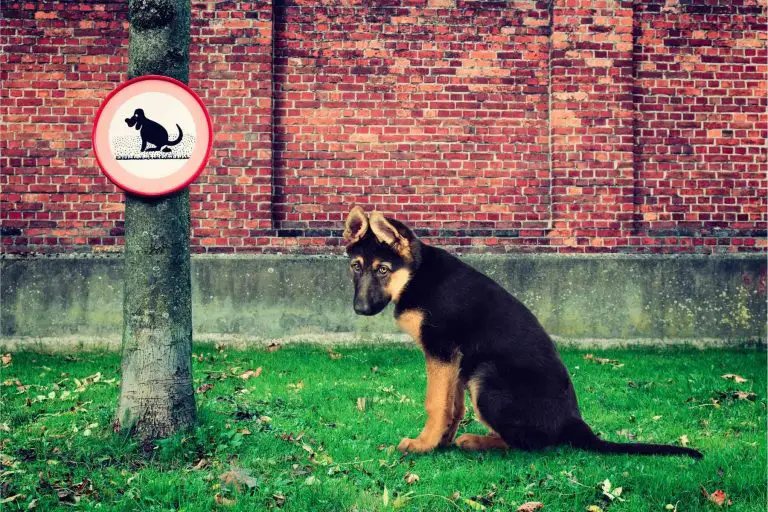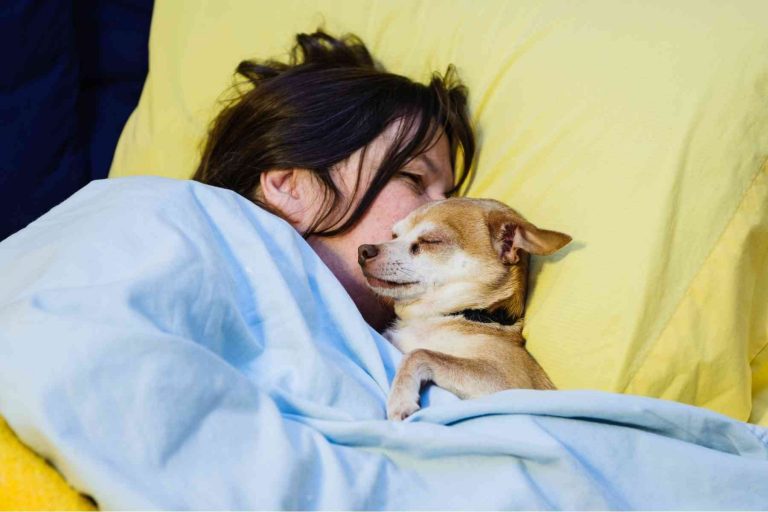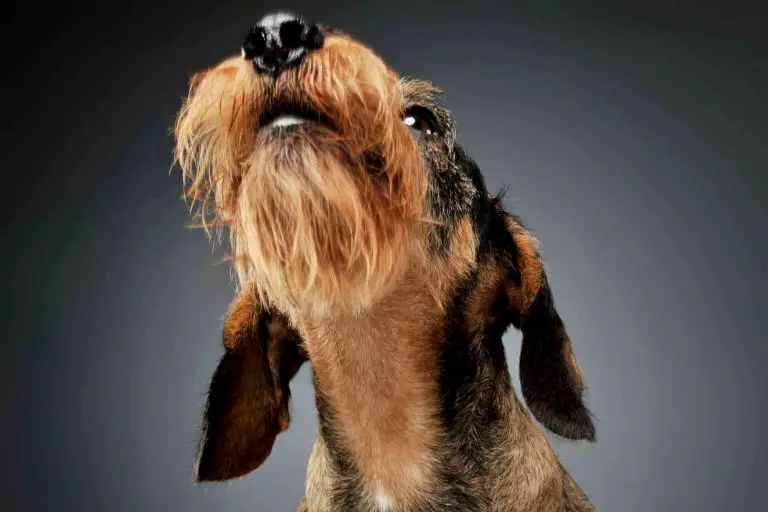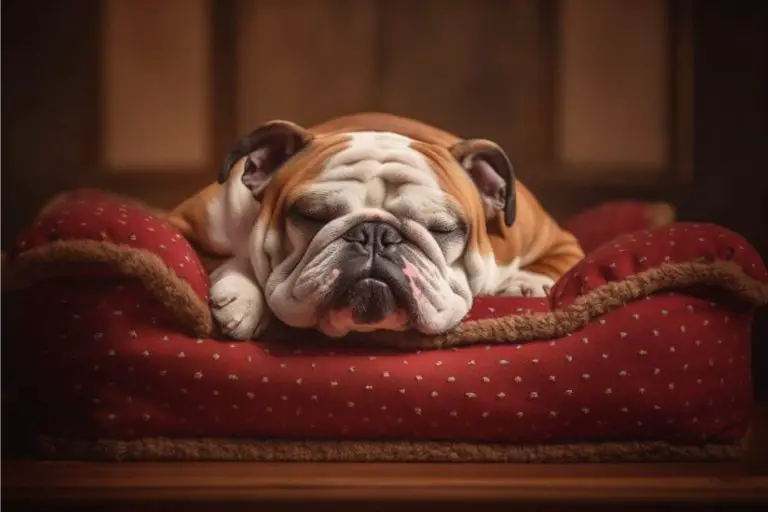Why Do Dogs Like Their Collars?
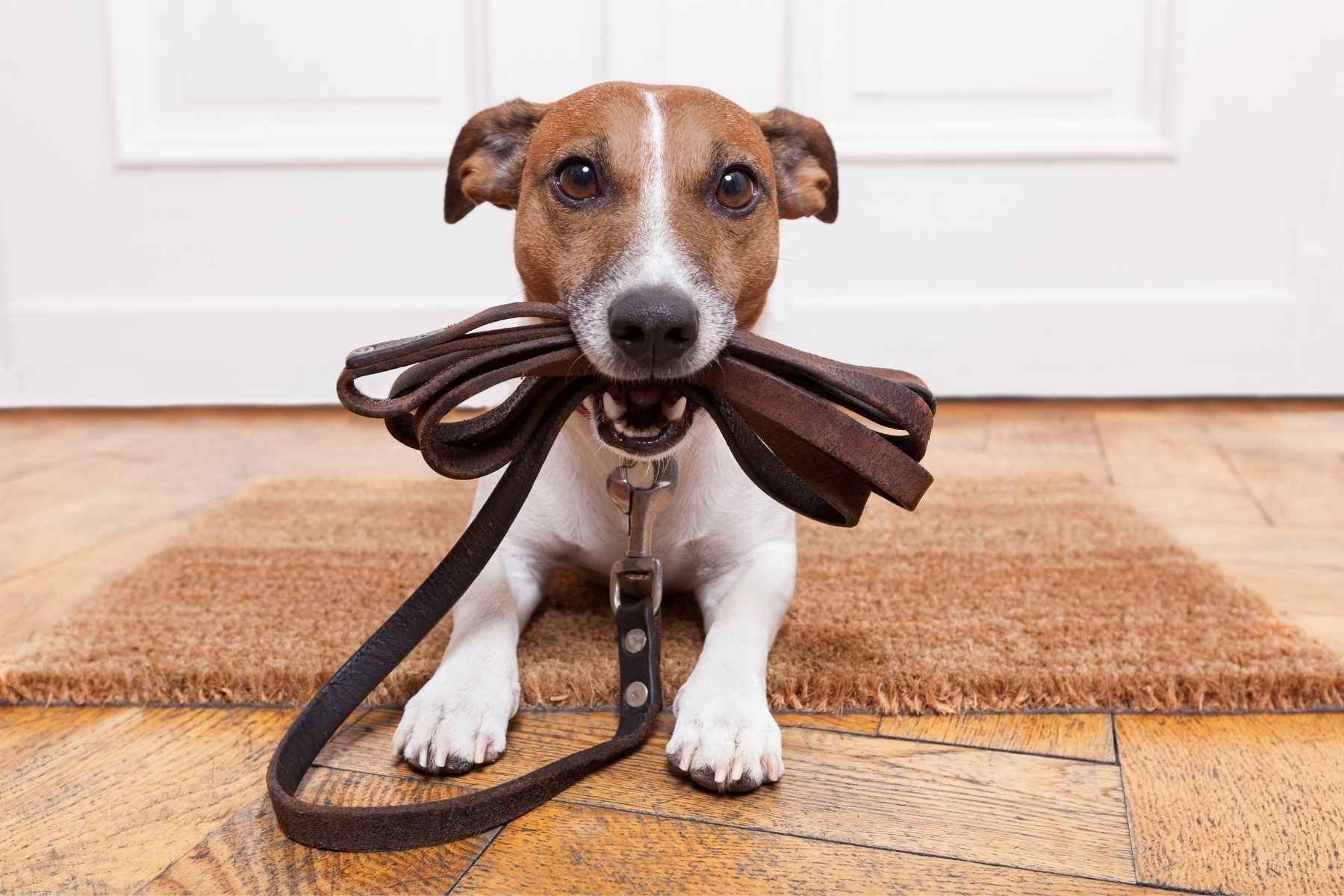
To pet owners, collars are simply a way to ensure the safety of our dog, but they might hold a more significant meaning to our furry friends.
Though some dogs may not be fans of the accessory, others might show an obvious attachment. We can’t help but wonder, why do some of our pups love their collars?
Dogs form attachments to their collars in the same way humans form attachments to their personal items. This affection can manifest through positive associations, a sense of security, and even as an expression of self-identity.
As dog lovers, it’s endearing to see our fur babies express joy over something as simple as a collar. Learn about why your dog likes their collar so much and whether it’s a good thing in this article.
Your Dog Likes Their Collar Because It Belongs To Them
For many pets, a collar is one of the first items that’s ever truly theirs. Unlike toys or treats, this accessory stays attached to their bodies, allowing them the chance to grow used to the feeling of it.
This is especially true if you raised your dog from the puppy stage- it’s likely your dog doesn’t know a life without a collar around its neck!
Contrary to popular belief, dogs do have a sense of self-identity. While they cannot recognize themselves in the mirror, they heavily associate their sense of self with their scent receptors.
After being on their body for so long, it’s feasible to assume that your dog’s collar smells just like them, so your pup thinks of it as an extension of who they are.
“Marking their territory” doesn’t just mean peeing around the house. It also includes the times your dog rubs themselves on their belongings to leave their scent behind.
If your pup scratches themselves against a new collar you bought them, they want you to know, and any other pups, to know it’s solely theirs!
Consider how normal it is for humans to have a favorite piece of jewelry that they wear, one they rarely ever remove. If you have one, you know the feeling of “emptiness” you may experience on the occasions you’re without it.
Though dogs don’t necessarily choose to wear their collars, a similar attachment occurs when they consistently wear them.
Here’s a great video by Dogter Adam on Youtube, who will teach you how to introduce your pup to wearing a collar:
Your Dog Uses Their Collar As A Security Blanket
You have likely heard of the term “security blanket” used to describe a stuffed toy or another item that children carry around with them 24/7.
It soothes them, and it’s not uncommon for them to react negatively if they can’t find it. Similar to children, it’s normal for dogs to form a bond like this with belongings of their choice.
Dogs are simple creatures. Researchers liken their mental capacity to that of a human 2-2.5-year-old. At that age, children have a very black-and-white sense of logic: there are good things and bad things.
Once your dog compartmentalizes their collar amongst the “good” things in its world, it’ll likely stay there for life.
Their collar will make them happy, but it could also make them feel safe. They could think of it as a soothing object, and wearing it could remedy instances of anxiety or stress (especially when introducing your dog to new environments).
Keep an eye out for signs that your dog doesn’t just like their collar, but they look to it as a source of security.
Does your dog get angsty whenever you take its collar off for bathtime? Maybe they nibble on their accessory softly with their front teeth, too.
Actively searching for an object and “cobbing” (gently biting) on them once they’re found are behaviors dogs will project onto their favorite things in the world. One of them might be their collars!
Your Dog Associates Their Collar With Fun Times
While some dogs wear their collars during all times of the day, some dogs live in their neckgear only 50% of the time.
If that’s the case, your dog might love wearing their collars because they know it means positive experiences are en route! This is especially true if your dog only wears collars during walks, car trips, or other outdoor adventures.
Dogs are intelligent and are constantly making connections between objects and experiences, regardless of whether or not their owners are teaching them.
Having a set routine deeply resonates with dogs, so once they understand that wearing their collar is consistently rewarded with outdoor time, they’ll look forward to putting it on.
However, it’s also true that your pup doesn’t necessarily associate their collar with fun times so much as they associate it with you.
It’s no surprise that dogs love spending time with their owners, so when they link wearing a collar with one-on-one time with you, they might act like they love putting on their neckgear when in reality, they just love you!
Once your pup makes a positive association with their collar, it won’t be long until they form negative associations with taking it off. Your dog might not want to stop playing yet and refuse to take its collars off by resisting your touch.
However, their behavior towards their collar once removed can be more telling of their feelings towards it than when it’s on.
Dog Acting Crazy After Collar Removal
If you take your pup’s collar off, and they’re quick to take it from your grasp to use as a toy, your dog may be showcasing a deep love for the accessory.
Showing sustained interest, like deeply sniffing, or even relocating the collar to their bed, can be noted as your dog exhibiting love. They’ve made a positive connection towards their belonging.
Though it may seem like play, your pup is simply trying to tell you, ‘Hey, I like this thing!’. Most of the time, this is harmless behavior. However, trouble may arise if your dog starts exhibiting guarding behavior towards its collar.
Aggression regarding their possessions, especially towards you or other animals, is not positive and should be swiftly corrected.
There’s also a possibility that your pup will exhibit a different type of joy once their collar is off, not towards their collar, but towards the fact that they don’t have it on!
Unfortunately, not every dog will enjoy the feeling of wearing their neckgear, especially if they spend the bulk of their day indoors without it on.
Your dog will express their distaste by running away from its collar as soon as it’s off. It may bark, growl, or even bite at the accessory.
Some pups may even rub their face against the ground or other things in their vicinity to show you their affection towards their surroundings and “shake off” the feeling of having worn restrictive neckgear.
Benefits Of Teaching Your Dog To Like Their Collar
Being a dog owner means making responsible choices for your animal, and teaching them to be comfortable with wearing a collar is undoubtedly on that list of responsibilities.
While your pup may show resistance (especially if they’re older), the benefits of wearing a collar greatly outweigh the temporary discomfort your dog may experience while being trained.
Putting a collar on your dog should be the first thing you do when preparing your pet for any outdoor excursion.
Whether it’s a hike in the mountains or just a car ride to get some coffee, ensuring that your dog is wearing a collar with updated identification tags will give you peace of mind if your animal accidentally gets loose.
Familiarizing your dog with the feel of a collar will make putting it on them easier, too. This is important for something as small as a daily walk, but it’s especially vital for timely relocating emergencies.
In instances of natural disaster, or a potentially dangerous dog at the park, worrying about your fidgeting animal should be the least of your worries.
Ensure that your dog’s collar is properly fitted and compatible with your pup’s anatomy. Some pets may prefer the feel of a harness over a collar, like French Bulldogs or Pugs. While helpful, veterinarians agree that taking dogs don’t need to wear neckgear 24/7, and periods of removal can prevent irritation, and reduce chances of strangulation.
Conclusion
One of the most fulfilling parts of being a dog parent is watching your pup cultivate their unique personality. Just like humans, they’ll have their own likes, dislikes, and favorite objects.
Your dog taking a liking to their collar may seem like strange behavior at first. Still, you’ll better understand their connection to the otherwise mundane accessory when you learn that it associates its neckgear with a sense of self, feelings of safety or confidence, or even times spent with you.

